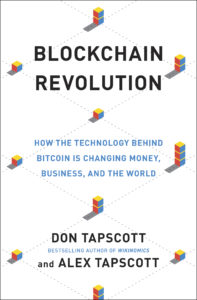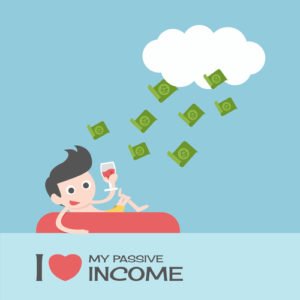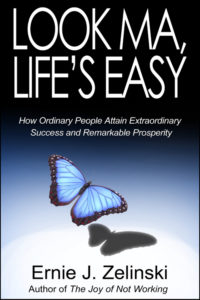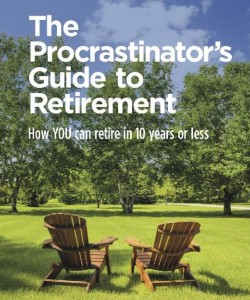
My latest Financial Post article can be found by clicking the highlighted text here: Bitcoin and Blockchain could be the start of a revolution bigger than the Internet itself.
My actual words in the lead to the piece were “as big or bigger” but no matter. That’s the gist of a new book by author and technology guru Don Tapscott, and his investment banker son, Alex.
The duo launched their co-authored new book, Blockchain Revolution, to a standing room only audience at Toronto’s Rotman School of Management on Thursday evening. It was the first stop in a ten-city book tour.
The famous Bitcoin is based on blockchain, which meant that for the first time in history two or more parties don’t need to know or trust each other in order to transact or do business online. They don’t need powerful intermediaries because “Trust is programmed into the essence of the technology so blockchain is the trust code.” The book (shown to the right) says big banks and some governments are implementing blockchains as distributed ledgers to speed transactions, improve security and lower costs. These ledgers reside on millions of computers provided by volunteers, so there is no central database that can be hacked. Using heavy cryptography, transactions are time-stamped and validated by a community of miners who are rewarded with more bitcoins. Every time a new block is added to the chain, it must refer to a previous block to be valid: hence the term blockchain.
Real FinTech is based on Blockchain







